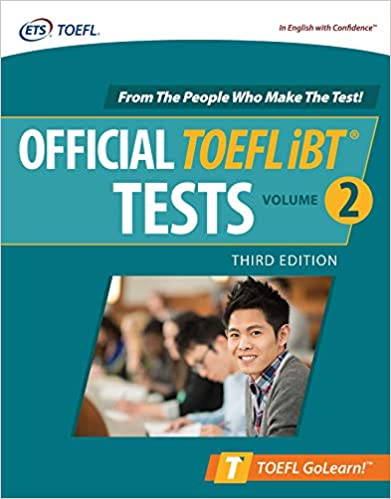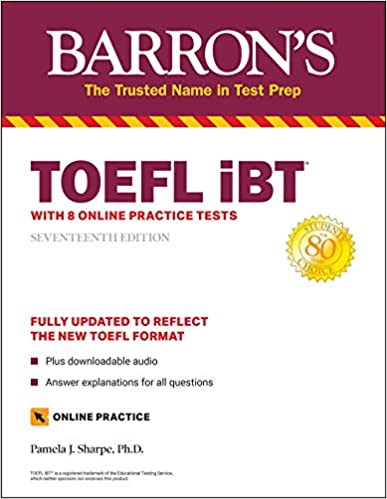Technically, a standardized test should only contain questions that have definite right and wrong answers. But over time, people realized that these types of questions aren’t always great at predicting how well a person knows something. Writing, for example, is notoriously hard to objectively assess. That’s why it wasn’t until recently that essay portions of standardized tests became popular. If you find yourself wondering, “What’s the point of writing all these different essays? Aren’t they all the same?” then read on!
The SAT Writing Section
The SAT writing section is designed to measure one specific thing: your ability to form coherent thoughts and express them in writing. The College Board tests this through multiple-choice questions dealing with grammar and stylistics, and a short (25-minute) essay, which is handwritten. In your essay, you should express and defend an opinion on the given topic. The prompt almost always involves a quote of some kind. Here’s a sample SAT prompt:
Think carefully about the issue presented in the following excerpt and the assignment below.
Most people think that contentment—being happy with the way things are—is the perfect state of affairs. After all, what could be better than being so satisfied with how things are that you don’t want anything else? But contentment has disadvantages: if we are content with the way things are, we are not motivated to change things, to improve ourselves, or to do better. We must therefore always choose between being content and pushing ourselves to do better.
Assignment: Does being content with the way things are prevent people from improving themselves and doing better? Plan and write an essay in which you develop your point of view on this issue. Support your position with reasoning and examples taken from your reading, studies, experience, or observations.
(source: http://professionals.collegeboard.com/testing/sat-reasoning/prep/essay-prompts)
The GRE Analytical Writing Section
If the SAT just wants you to be able to think and write coherently, the GRE expects a little more. In graduate school, you need to be able to think analytically and independently in a way that isn’t necessarily required to get by in college. On the GRE, you’ll write two essays. The “Analyze and Issue” task, which is intended to make sure you can develop and defend an argument, is pretty similar to the SAT or TOEFL prompts. Here’s an example of this kind of prompt:
As people rely more and more on technology to solve problems, the ability of humans to think for themselves will surely deteriorate.
Discuss the extent to which you agree or disagree with the statement and explain your reasoning for the position you take. In developing and supporting your position, you should consider ways in which the statement might or might not hold true and explain how these considerations shape your position.
(source: https://www.ets.org/gre/revised_general/prepare/analytical_writing/issue/sample_task)
The second GRE essay is called “Analyze an Argument.” For this task, you will read a paragraph-long argument. In your essay, you should critique that argument: What assumptions does it make? Is the argument still valid if these assumptions turn out not to be true? What facts does it include or omit? The goal is to determine your ability to interpret research and, therefore, to conduct your own effective research. Check out this sample prompt.
In surveys Mason City residents rank water sports (swimming, boating and fishing) among their favorite recreational activities. The Mason River flowing through the city is rarely used for these pursuits, however, and the city park department devotes little of its budget to maintaining riverside recreational facilities. For years there have been complaints from residents about the quality of the river’s water and the river’s smell. In response, the state has recently announced plans to clean up Mason River. Use of the river for water sports is therefore sure to increase. The city government should for that reason devote more money in this year’s budget to riverside recreational facilities.
Write a response in which you examine the stated and/or unstated assumptions of the argument. Be sure to explain how the argument depends on the assumptions and what the implications are if the assumptions prove unwarranted.
(source: https://www.ets.org/content/dam/ets-org/pdfs/gre/sample-argument-task.pdf)
The TOEFL Writing Section
The Independent writing task on the TOEFL is almost identical to the SAT essay. Both of these tasks are designed to be accessible to non-native speakers of English, and both of them are concerned with your ability to form a cogent argument rather than your background knowledge of a particular subject.
The Integrated essay is, as far as I know, unique among standardized test essays. The TOEFL’s integrated task is somewhat less ambitious than the GRE’s “Analyze an Argument” task, though this doesn’t mean it’s easy. Whereas the GRE requires you to read between the lines of an argument, the goal of the integrated essay is to simulate a college environment, where most of your writing assignments will require you to synthesize your lecture notes with home reading and other outside research.
Check back soon for a more in-depth look at the TOEFL writing section!
Thanks to reader Mohit for the question that inspired this article. 🙂






Leave a Reply